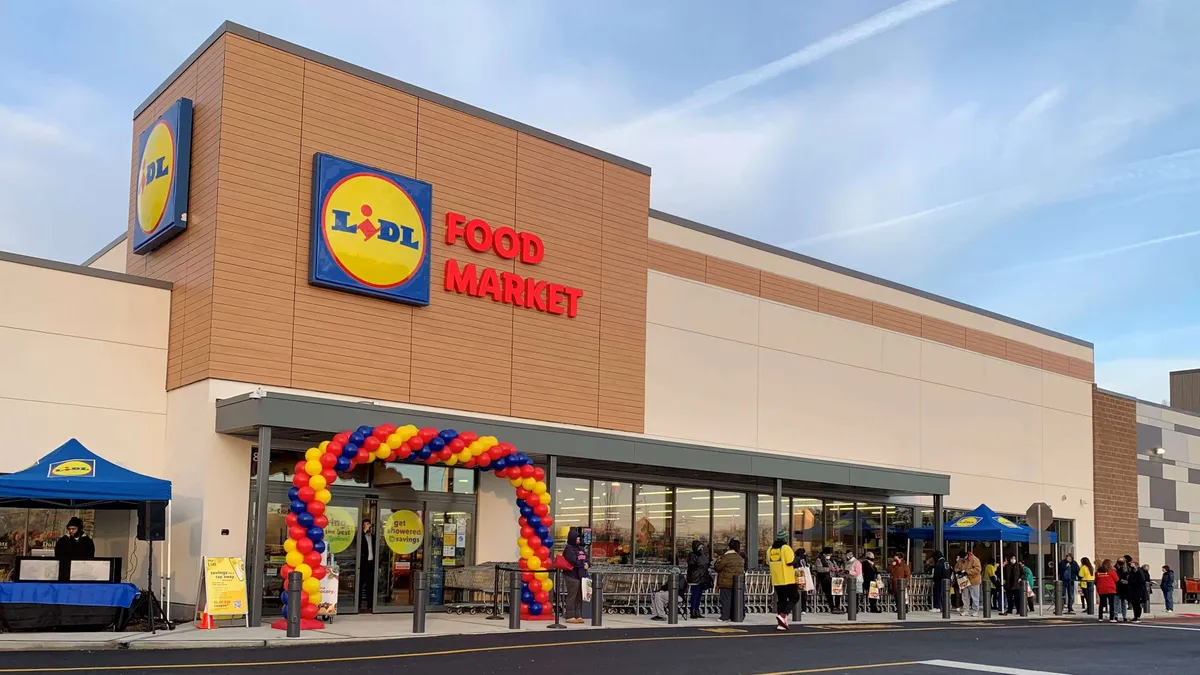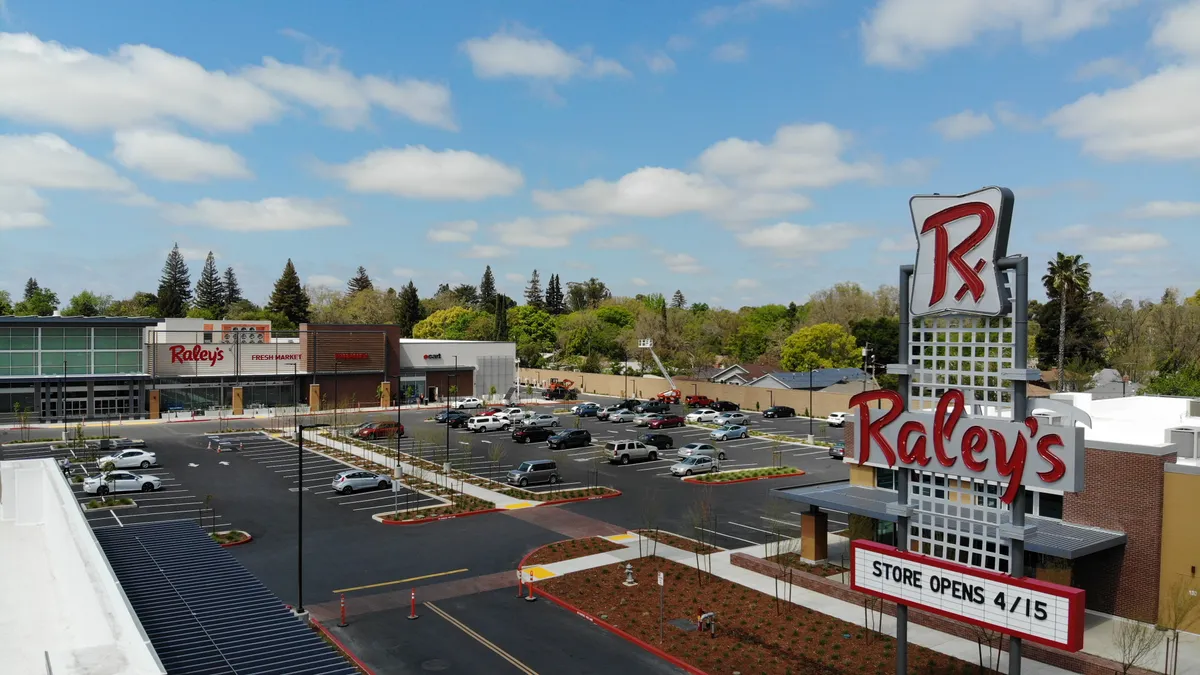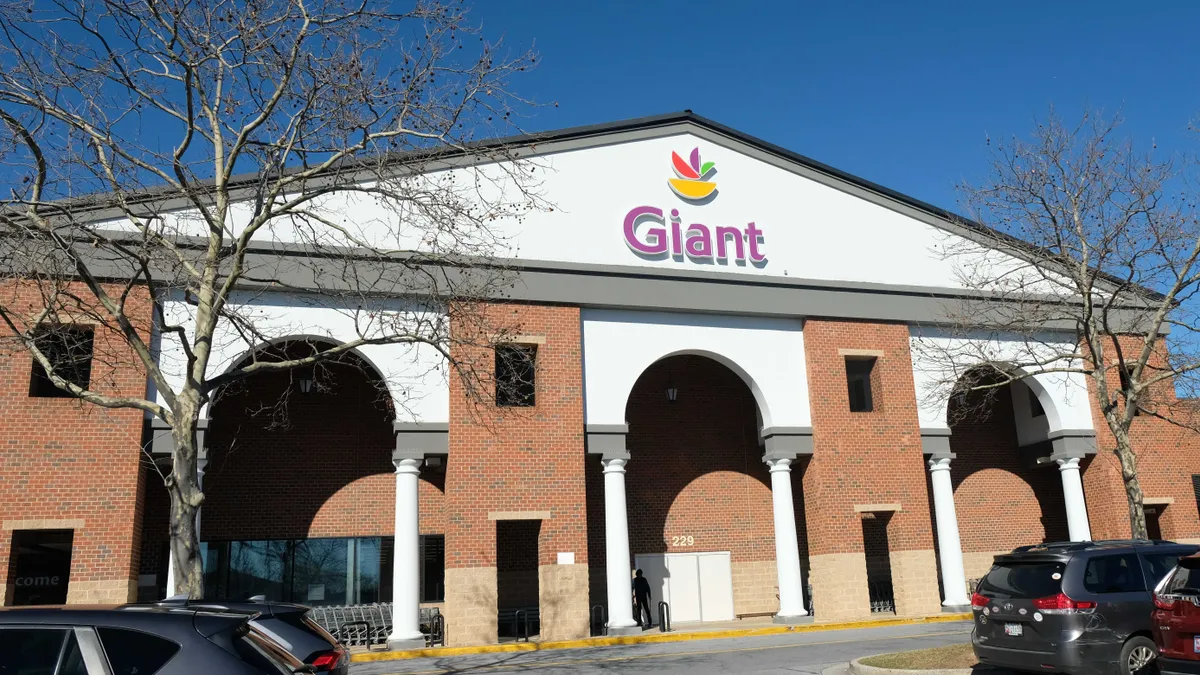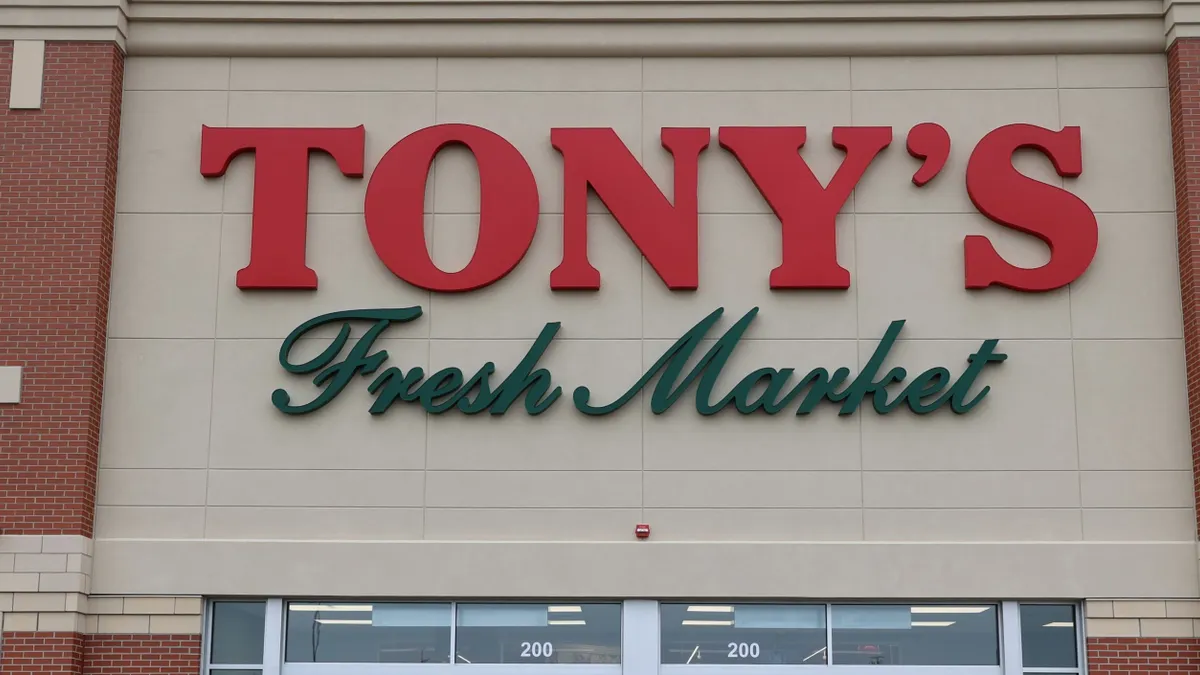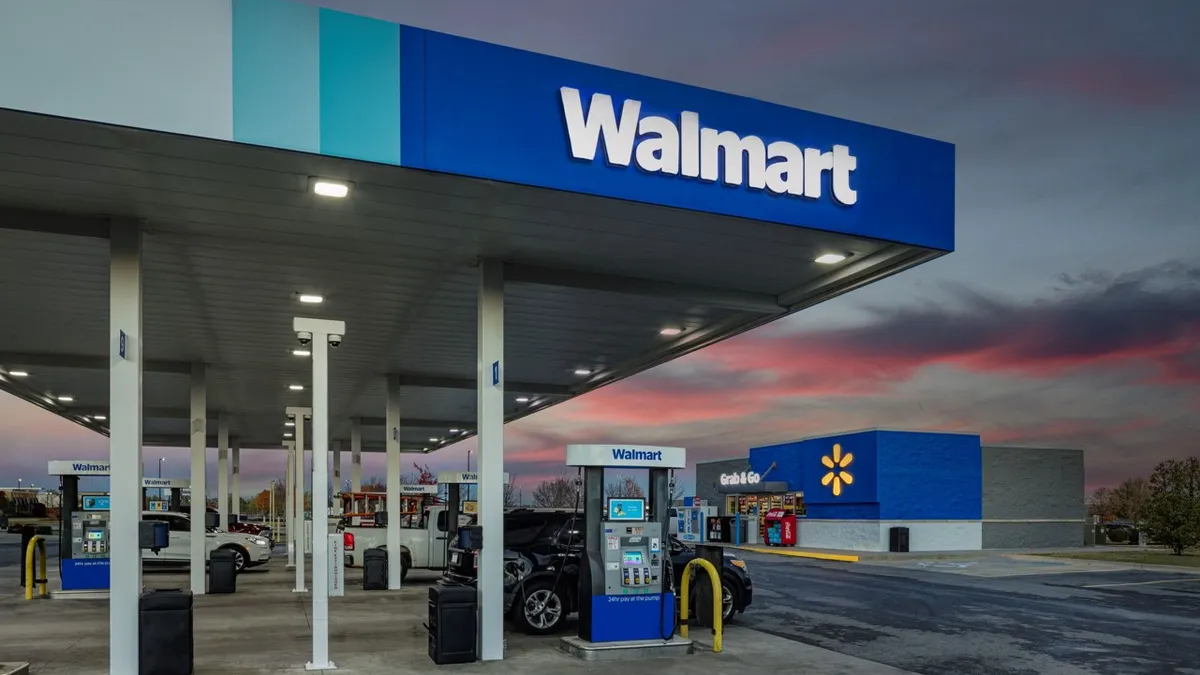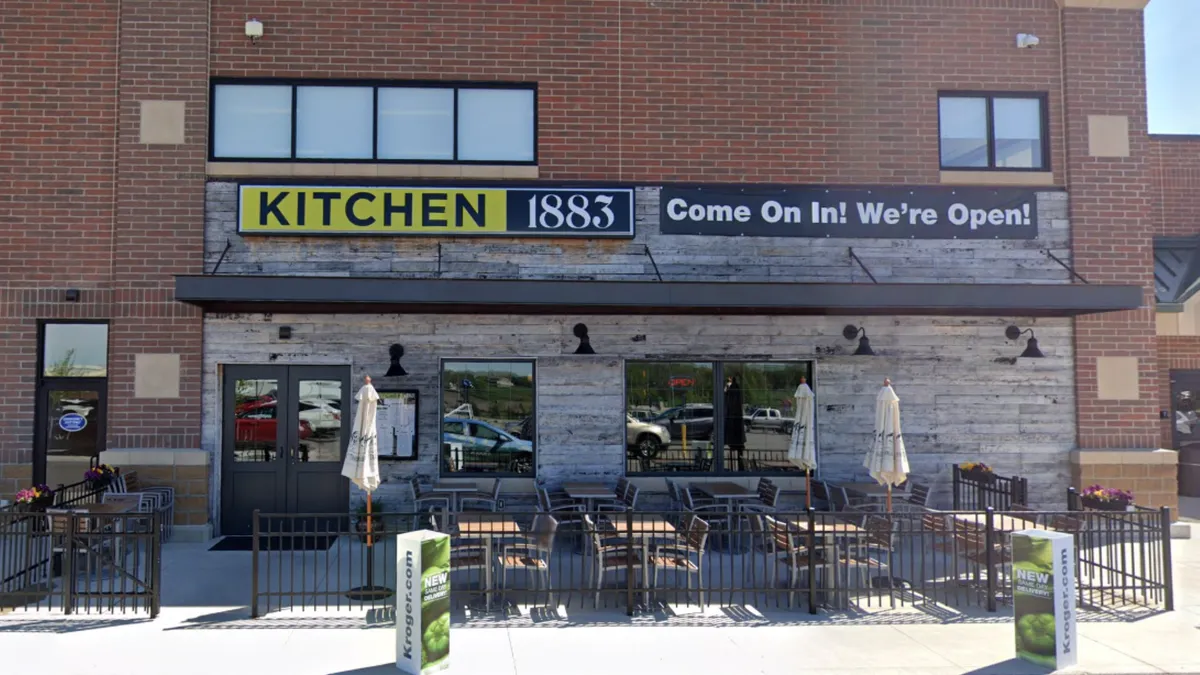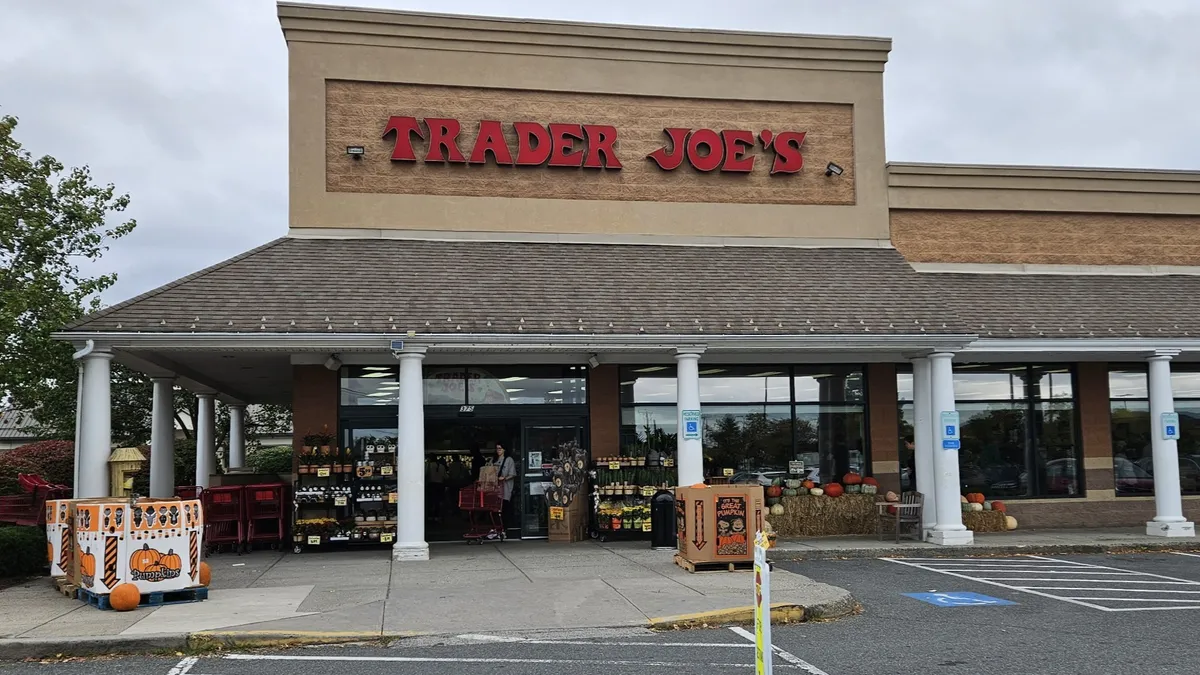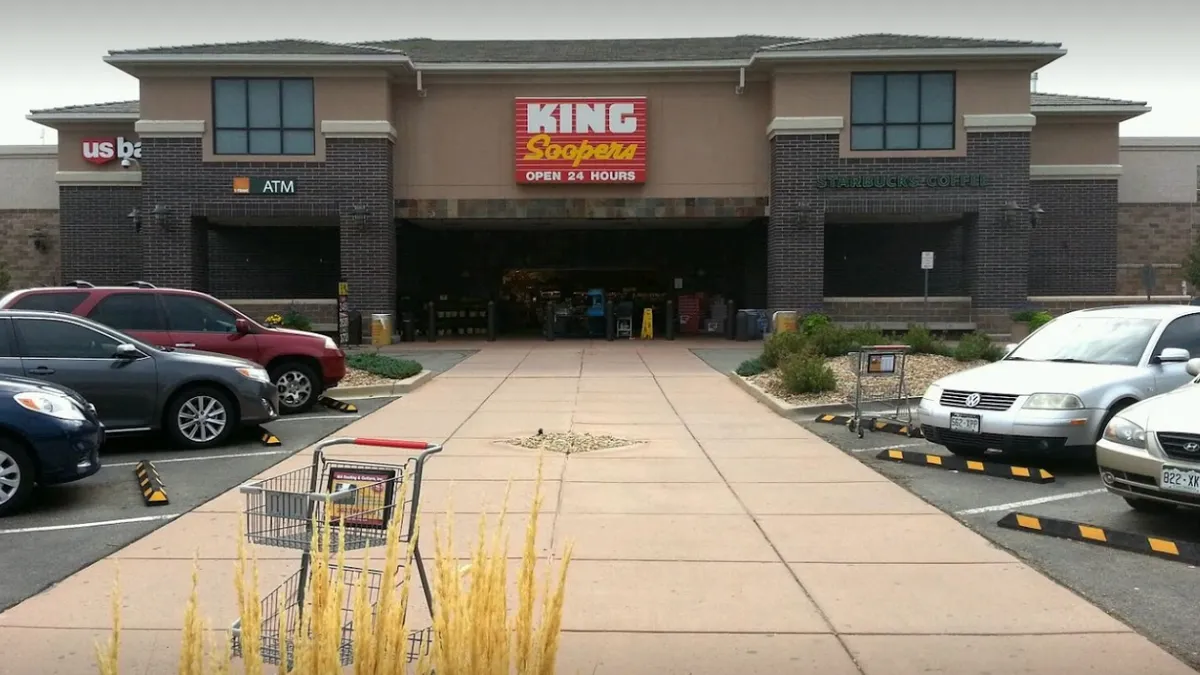Pardon the Disruption is a column that looks at the forces shaping food retail.
Lidl — the company that stormed into the U.S. claiming it would “Rethink Grocery” — seems to be rethinking its stateside strategy on a regular basis these days.
The German discounter stumbled out of the starting gate in the U.S. several years ago and has been trying to shore up results with a series of adjustments that include a revolving door of executive appointments. Since starting its operations in the U.S. nearly a decade ago, the company has appointed four different CEOs and has also seen turnover among its board chairmen.
Earlier this week, news hit that the company plans to name AlixPartners Partner and Managing Director Joel Rampoldt — an American — as its next U.S. CEO in four weeks’ time. Current CEO Michal Lagunionek will reportedly transfer back to Lidl in Europe.
The fact that Lidl US named yet another new CEO wasn’t surprising. The company that has rolled across Europe like a conquering army doesn’t have much patience for underperformance, and it has thrown one executive after another at its U.S. problem in hopes that someone will find a solution.
But the appointment of an outsider with no discount retail experience to head up the division is very surprising. To put it simply, this is not something Lidl does. The company has honed an intricate, time-honored system for procuring, manufacturing and merchandising its products. The Lidl system, a former manager once told me, is vaunted above any individual performers, which is why the company typically grooms its executives carefully and moves them around to different countries as needed, like moving cogs around in a machine.
German business publication Lebensmittel Zeitung, which broke the news on Rampoldt’s appointment based on an internal memo it reviewed, noted that not only is he a Lidl outsider but he has also not even held an executive position at a retailer before.
The move underscores the desperation Lidl must be feeling to succeed in the U.S. With more than $1 trillion in annual grocery spending, the country still represents to Lidl a prime opportunity for expansion. Other upstart grocers like Aldi, Dollar General and Grocery Outlet are siphoning market share away from traditional grocers, and Lidl wants to be a major player in that feeding frenzy.
It also shows that, after cycling through so many different executives, the company is ready to finally try something new in the market that has flummoxed it more than any other.
A source who closely follows Lidl told me the grocer has tried homegrown executives (Brendan Proctor, Johannes Fieber, Michal Lagunionek) and one that was poached from fierce rival Aldi (former chairman Roman Heini). An experienced American consultant marks another shift that could help unlock the puzzle box that is the U.S. grocery landscape.
“The other choices haven’t worked, so this is the third option,” said the source, who requested anonymity due to potential business conflicts in commenting on Lidl.
The source also speculated that Lagunionek, who took over as Lidl US CEO in early 2021, was not the preferred top executive for Kenneth McGrath, who took over as the head of Lidl’s retail operations later that year.
“Lagunionek is not necessarily [McGrath’s] man,” the source said.
Lidl needs to do a better job of connecting with American consumers, who are more loyal to their local grocers and brand name products than Lidl probably estimated. It has made adjustments to its real estate strategy, softened the look of its stores and begun offering home delivery. But it clearly needs to do more.
There’s really no excuse for a well-capitalized discounter not to be succeeding at a time when high inflation has prompted so many U.S. consumers to seek lower-priced retailers.
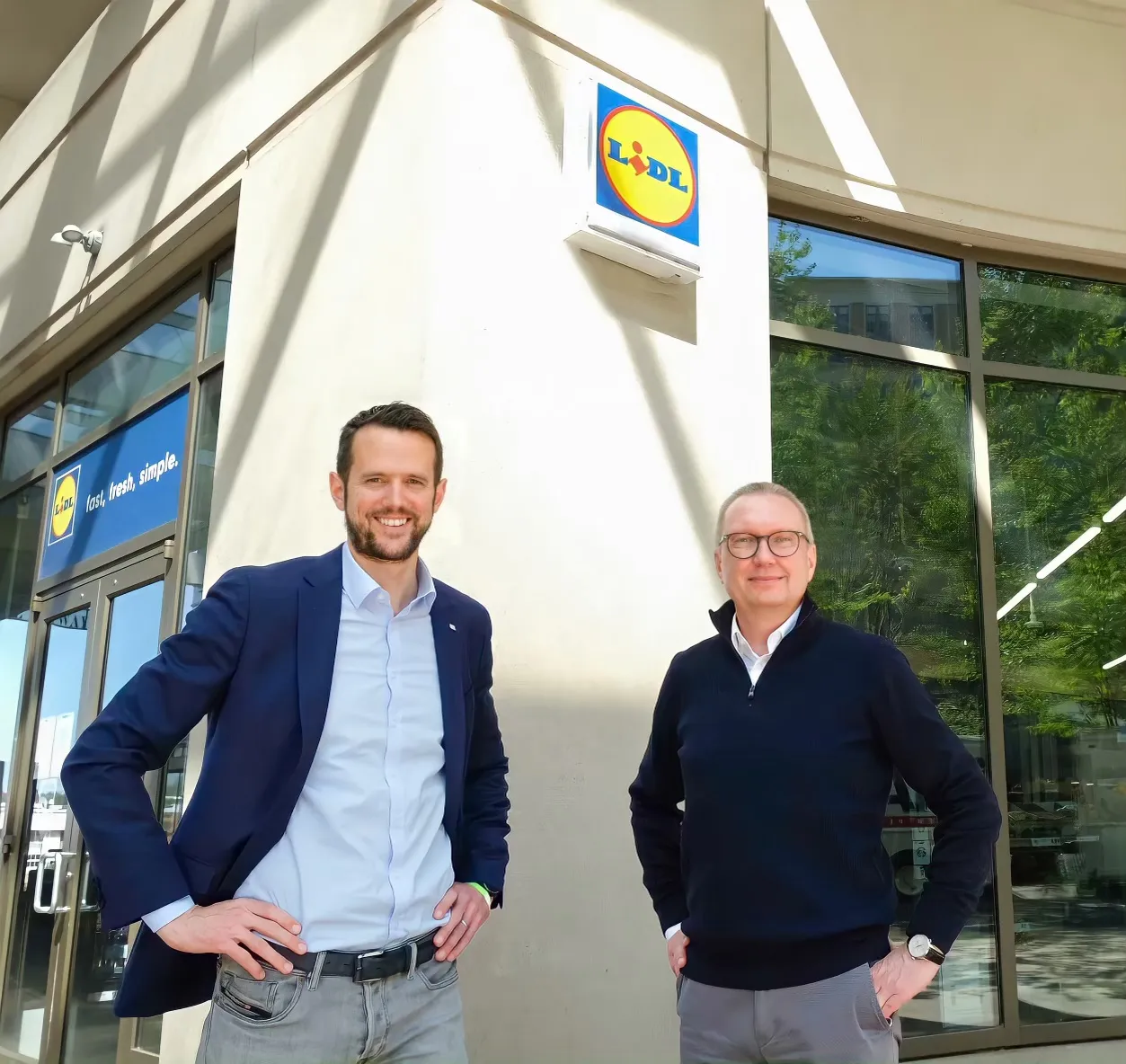
A focus on profitability
At the same time, a broader shift is happening at Lidl that could also help explain the new U.S. CEO appointment and point to how the hard discounter will operate moving forward.
According to the source, Lidl and parent company Schwarz Group are much more focused on profitability these days than on expansion. Supply chain disruption and global inflation have put pressure on Lidl’s nonfood business, which is larger than most grocers’ and includes products that rotate frequently. Also, Schwarz Group has made investments outside its core business, including one it made to acquire XM Cyber in 2021, that have also drawn on the company’s resources.
“Group Lidl CEO Kenneth McGrath now insists on profitability and choosing locations wisely,” European trade publication RetailDetail noted in a story this week.
This would explain the Lidl US layoffs earlier this year and the recent dozen or so reported store closures stateside. And it indicates that Lidl will be taking more of a measured approach to growth in the U.S. after charting an ambitious expansion roadmap when it first set out six years ago with its first store opening stateside.
From the looks of it, Rampoldt’s experience jibes with this profitability focus. His AlixPartners bio notes his expertise in boosting margins and states that he “helps execute complex transformational programs whose profit improvement is reinvested to drive top-line sales.”
While Rampoldt’s appointment comes as a major surprise, his expertise in addressing profitability may, in fact, make his hiring a rational step for Lidl at this point in its U.S. journey.
Parallels with Amazon Fresh
In watching Lidl’s recent struggles, I can’t help but see parallels between that grocer and the ailing Amazon Fresh brand. Both grocery chains are upstart players in the U.S. backed by companies with deep pockets and a track record of phenomenal success.
Their struggles underscore the difficult task of breaking into the U.S. grocery scene, with its heady mix of entrenched players, formidable challengers, deep consumer loyalties and rapid innovation.
The plight of Lidl and Amazon Fresh also says something deeper about what it takes to succeed in food retailing these days. Both Lidl and Amazon barged onto the scene supremely confident that the approach that had made them so successful for so long would surely continue in their new ventures. Lidl believed that it would shake up the U.S. and its crop of traditional grocers the same way it had in the U.K. and other European countries, while Amazon saw its chance to create a chain of stores that would extend its retail ecosystem into the physical world.
But both companies put their own priorities ahead of the consumer. If Amazon had listened carefully to shoppers, it would have seen that while checkout technology is exciting, it’s not going to promote long-term loyalty if the store experience isn’t unique and compelling. And Lidl should have understood that many U.S. shoppers weren’t going to automatically spring for its many value-priced private label products that they weren’t familiar with.
That said, neither chain is beyond repair. Lidl, for its part, has nearly 200 stores and a foothold in some very attractive East Coast markets. If it can continue learning from its mistakes, listen to customers and make meaningful improvements, it could become a formidable regional grocer — and perhaps, in time, a national one too



